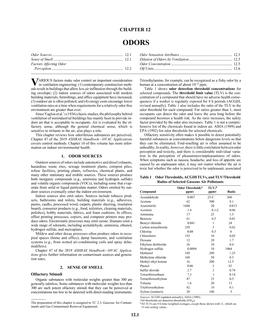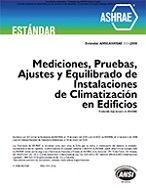The problem of temperature control in radiant slabs where the heating element is installed a predetermined distance below the concrete slab is addressed. The adjoint variable method is used to determine its suitability for calculating sensitivity coefficients for optimal control of a radiant slab with an electric heating system. Values of the sensitivity of an objective function and a set of constraints were determined using the adjoint method. These values were then compared with the values obtained using the finite-difference approach. The results given by the adjoint method are, in general, in good agreement with the results of the finite-difference method. However, the finite-difference approach fails to give accurate results when the magnitude of the difference is small. Values of sensitivity coefficients for various heating strategies are also presented.
KEYWORDS: temperature, optimisers, electric heating, radiant heating, concrete, slabs, energy storage, floor heating, calculating, sensitivity, accuracy
Citation: ASHRAE Trans. 1994, Vol.100, Part 1, Paper number 3752, 160-167, 9 figs., 11 tabs., refs.
Product Details
- Published:
- 1994
- File Size:
- 1 file , 890 KB
- Product Code(s):
- D-17607


